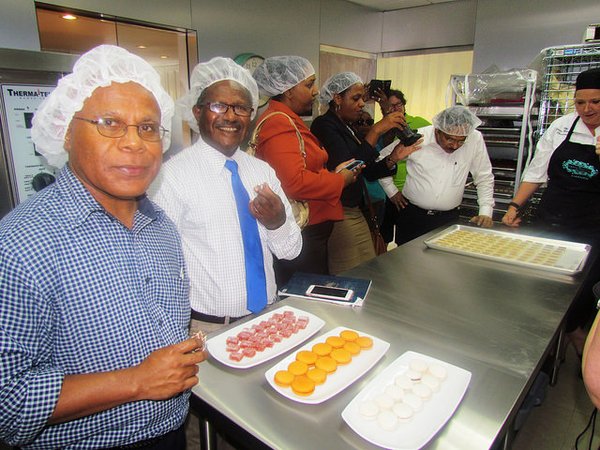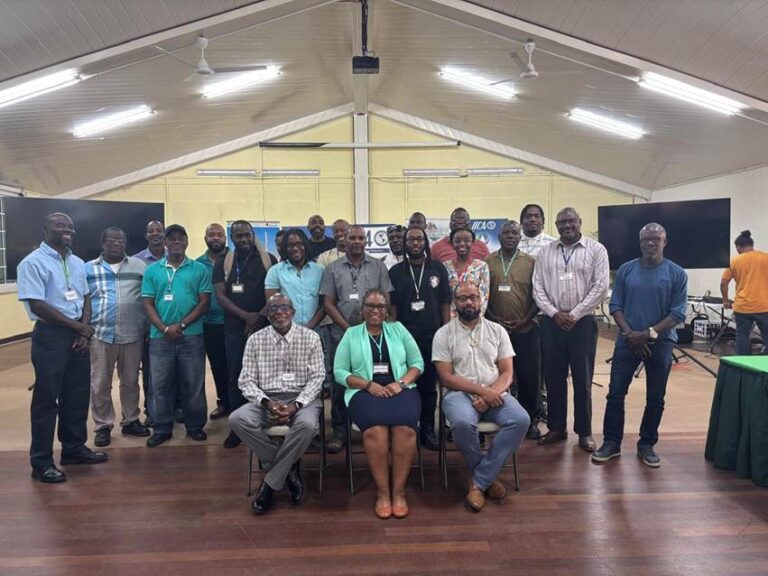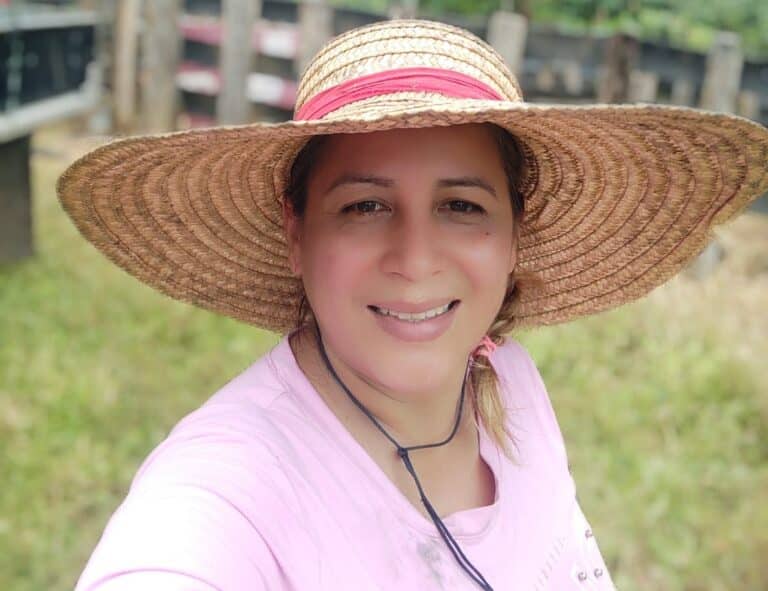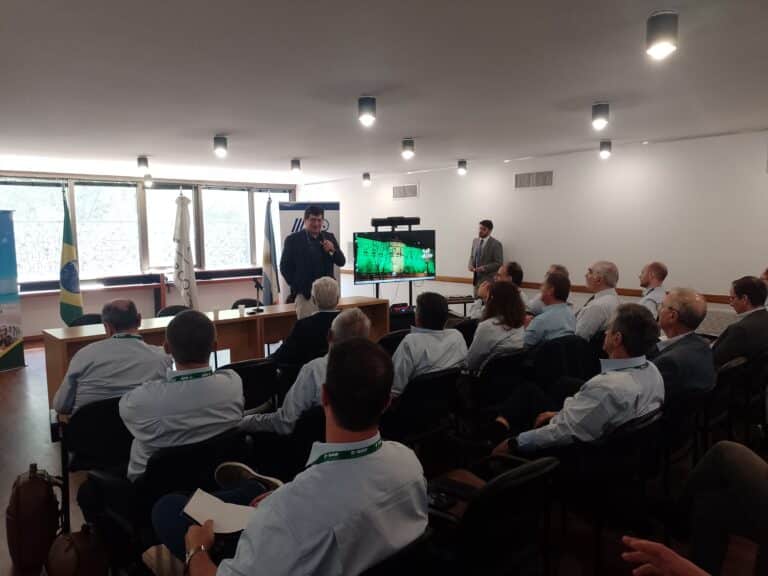IICA was instrumental in facilitating the first Agritourism Workshop in the Republic of Vanuatu, a pacific island nation located 1750 kilometers east of Australia.

Port Vila, July 8, 2016 (IICA). At the request of the Government of Vanuatu and the Technical Centre for Agricultural and Rural Cooperation (CTA), and in collaboration with the Pacific Islands Private Sector Organisations (PIPSO), the Inter-American Institute for Cooperation on Agriculture (IICA) served as a key resource for the first-ever workshop in agritourism in Vanuatu, aimed at setting policy to strengthen the local agrifood sector and promote healthy food.
Indicating that Vanuatu has taken major steps forward in advancing agrotourism in the country, Director of Agriculture in Vanuatu, Howard Aru stated that “one of our immediate needs is a clearer Agritourism policy and strategic pathway for Vanuatu”, and that “Vanuatu has a lot to learn from the Caribbean’s experience”.
The Institute’s specialist in Agrotourism and IICA Representative in Barbados, Ena Harvey, shared information on global trends and experiences from the Caribbean on nutrition and health in markets, food tourism and value chain training during the three-day workshop, to some 60 stakeholders and experts representing the agriculture, tourism and health sectors from Vanuatu and the wider Pacific Region. Participants included several donor agencies, private sector businesses, chefs and actors from tourism and hospitality, health and civil society NGOs and academia.
According to Harvey, tourism has the potential to stimulate demand in the agriculture sector, promote healthy and nutritious food and strengthen the use of local products. She stated “Linkages between agriculture, health and tourism increase opportunities for domestic agriculture earnings, new markets and product development and also provide opportunities to develop visitor attractions and distinctive tourism destination brands, through the creative use and marketing of local produce.
A policy on agritourism, she added, should also include linkages with the health sector to ensure support for national campaigns toward the consumption of nutritious and healthy food and reduction of Chronic NonCommunicable Diseases (CNCDs).
For the Minister of Agriculture of the Republic of Vanuatu, Matai Seremaiah, the outcomes of the workshop will assist the Government to refocus its policy objectives in order to address key linkages between other primary sectors to derive maximum benefits from tourism development.
“Agritourism provides an excellent opportunity, not only for broadening our tourism base by diversifying the visitor experience, but also offers the potential for sustainable and healthy farm experiences and eating healthy food,”, stated Seremaiah.
The goal of the workshop was to promote sustainable use of local food by the tourism industry through strengthened inter-sectoral policies. The policy process will be led by the Ministry of Agriculture, Trade and Tourism of Vanuatu, in close collaboration with the other ministries and with regional and international partners, such as the Technical Centre for Agricultural and Rural Cooperation (CTA) and IICA.
Why Vanuatu?
With support from the CTA and IICA, several governments of the South Pacific Region (Vanuatu, Samoa, Tonga, and Fiji) have been participating in the Caribbean Week of Agriculture in 2013 and 2014, and in inter-regional Agribusiness Forums held in both regions.
The first ever Regional Pacific Workshop was held in Fiji in July 2015, with support from the Pacific Agriculture Policy Project of the European Union (EU-PAPP), PIPSO, the private sector organisation of the Pacific Region, and selected participants from the Caribbean Region.
Following this Fiji meeting, in November 2015, CTA and IICA again collaborated to host the second Caribbean Agribusiness Forum in Barbados, which included the participation of Vanuatu at a special session to begin discussing the creation of a policy and strategy for agritourism development on that island, which led to the inaugural workshop on policy setting in May 2016.
Vanuatu will be hosting the first Pacific Week of Agriculture in May, 2017, based on their experience of the Caribbean Week of Agriculture (CWA) model, and with a major focus on agritourism, health and nutrition.
More information: ena.harvey@iica.int











